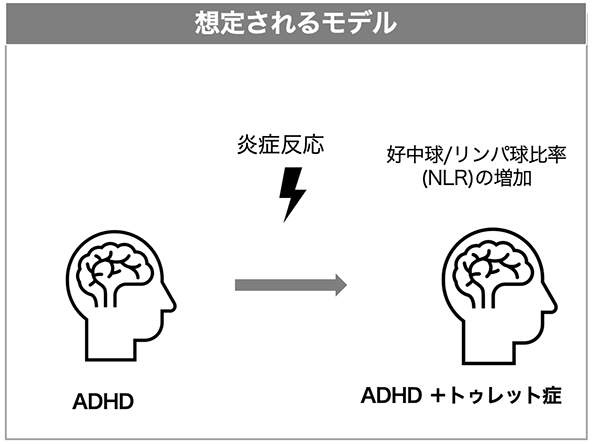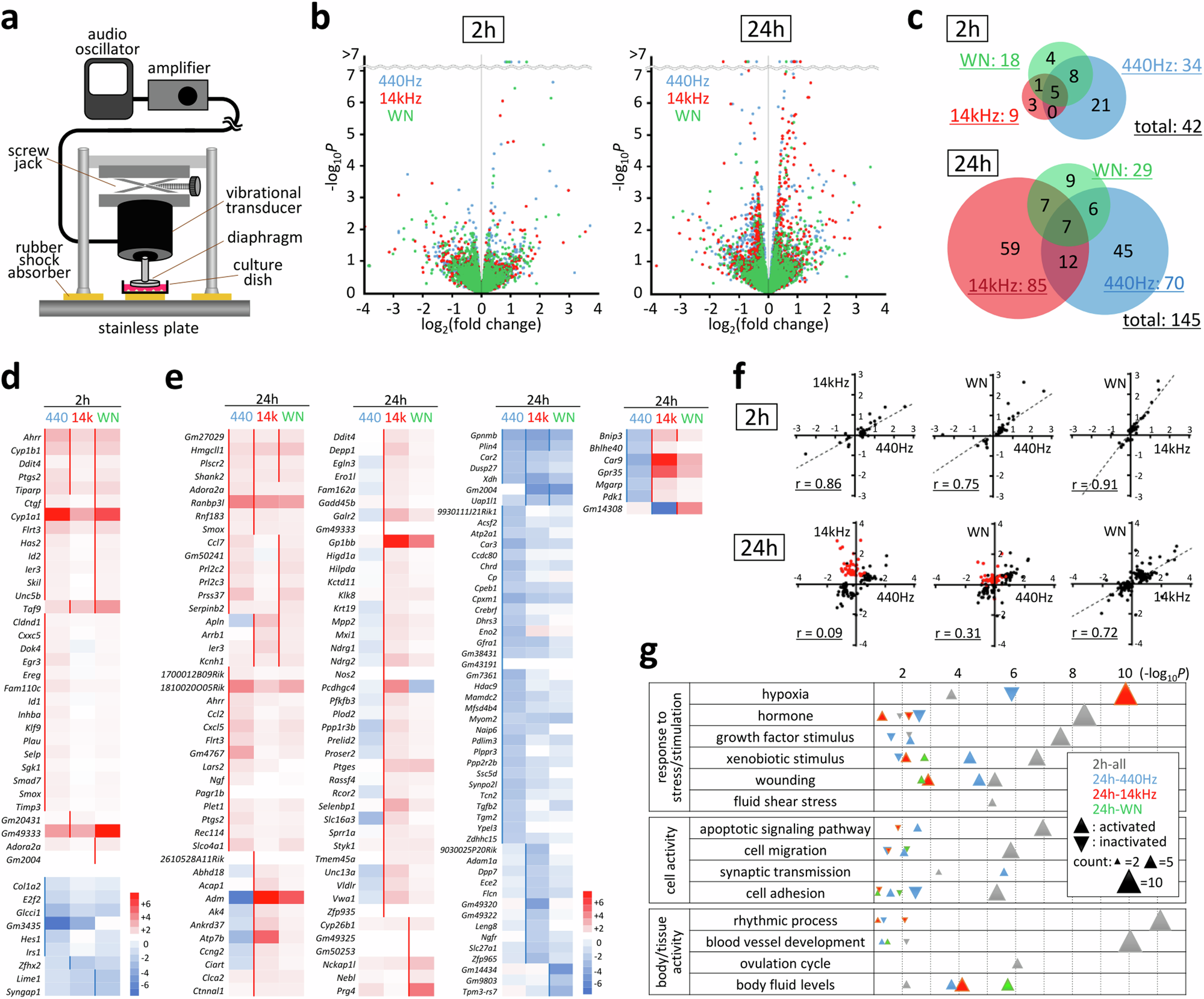2025-04-17 国立精神・神経医療研究センター,奈良県立医科大学

<関連情報>
- https://www.ncnp.go.jp/topics/detail.php?@uid=Qga5NKAuDDWpvDGa
- https://www.sciencedirect.com/science/article/pii/S2666354625000390
ADHDにおけるチック症状の発現における炎症の役割 The role of inflammation in the development of tic symptoms in subjects with ADHD
Nagahide Takahashi, Hidekazu Kato, Yoshihiro Nawa, Shiori Ogawa, Kenji J. Tsuchiya, Takashi Okada
Brain, Behavior, and Immunity – Health Available online: 22 March 2025
DOI:https://doi.org/10.1016/j.bbih.2025.100981
Graphical abstract

Highlights
- ADHD is one of the most prevalent comorbid conditions of Tourette’s syndrome. ADHD symptoms is known to precede the onset of tic symptoms, but how subjects with ADHD develop Tourette’s syndrome later in life remains unclear.
- Gene-set analysis using genome wide studies of ADHD and Tourette’s syndrome identified neutrophil degranulation is a pathway specific to Tourette’s syndrome. Molecular analysis showed that the neutrophil-lymphocyte ratio was upregulated in subjects with ADHD and Tourette’s syndrome compared to subjects with ADHD alone, with no effect of ADHD medication and antipsychotics.
- Highly activated inflammation added to the baseline inflammation in ADHD is suggested to be implicated in the development of symptoms of Tourette’s syndrome in ADHD subjects.
- Neutrophil-lymphocyte ratio can be a biomarker for the risk of Tourette’s syndrome and neuroinflammation may be a potential target for controlling symptoms in Tourette’s syndrome.
Abstract
Tourette’s syndrome is characterized by multiple motor and 1 or more vocal tics that persist for more than 1 year since first tic onset. It is well known that subjects with Tourette’s syndrome show varieties of comorbidities, and ADHD is one of the most prevalent comorbid symptoms. In most cases, ADHD symptoms is known to precede the onset of tic symptoms, but how subjects with ADHD develop Tourette’s syndrome later in life remains unclear.
Both Tourette’s syndrome and ADHD is highly heritable, and genome wide association studies of ADHD and Tourette’s syndrome showed that Tourette’s syndrome and ADHD are genetically related. In order to identify the factor to cause tic symptoms in subjects with ADHD, we conducted two-sample mendelian randomization analysis, gene-set analysis and identified neutrophil degranulation is a pathways specific to Tourette’s syndrome. Molecular analysis showed that Neutrophil-lymphocyte ratio may be relatively upregulated within the normal range in subjects with ADHD and Tourette’s syndrome compared to subjects with ADHD only.
As the molecular analysis is still in its preliminary stages, the current results suggest that inflammation may be a contributing factor in the development of symptoms of Tourette’s syndrome in subjects with ADHD. If these results can be replicated, neutrophil-lymphocyte ratio could serve as a potential a biomarker for the risk of Tourette’s syndrome.



